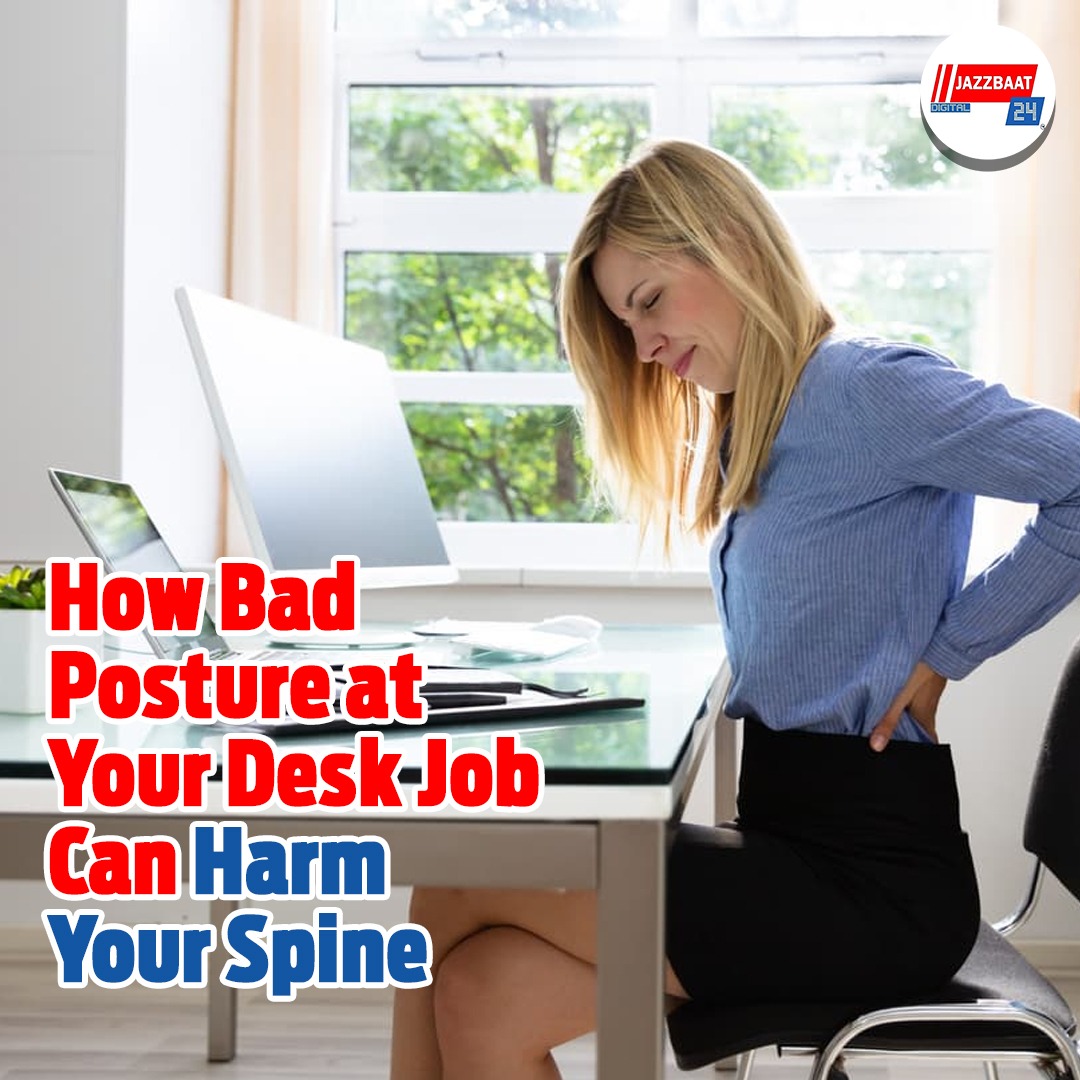
Prolonged desk work, common in both home and office settings, is a silent contributor to chronic back pain and other health issues, including impaired breathing. Spine specialists emphasize the critical importance of good posture for office workers.
Poor posture leads to lasting spinal damage, a problem exacerbated by the rise of hybrid and remote work. Early signs of posture-related back pain include a dull, persistent ache in the neck or lower back, especially upon getting up. Tingling or numbness can signal nerve involvement, indicating a need for intervention.
Prolonged sitting significantly increases intradiscal pressure, accelerating wear and tear on the spine, particularly on weakened or bulging discs. Beyond spinal issues, poor posture can restrict lung expansion, leading to shallower breathing; compress abdominal organs, potentially causing digestion problems or GERD; and even negatively impact confidence and how one is perceived professionally.
Work-from-home habits, driven by convenience over ergonomics, have worsened spine issues since the pandemic. Reduced walking and poorly set up home workstations are major culprits. To improve posture, simple adjustments are recommended: use a chair with lumbar support, raise your screen to eye level, place a small pillow under elbows to reduce shoulder tension, choose a firm chair, and sit upright.
Incorporating stretches can counteract the effects of sitting: turn your head slowly hourly for neck and upper back relief, and for the lower back, take hourly 1-2 minute walk breaks and perform back extensions like the snake pose.
Daily habits for long-term spinal health include starting the day with full-body stretches, doing core and back strengthening exercises 2-3 times a week, avoiding heavy lifting or very low furniture if in pain, and ensuring adequate calcium and vitamin D intake.
Beyond physical comfort, posture significantly influences confidence and professionalism. By making small, intentional changes to posture, office workers can prevent chronic pain and enhance overall well-being.